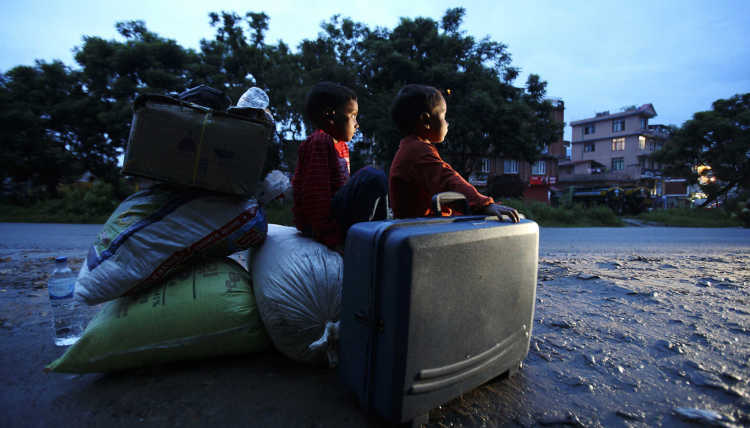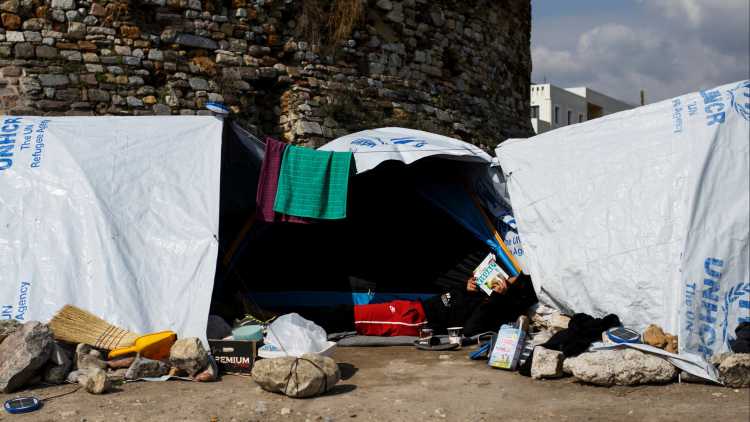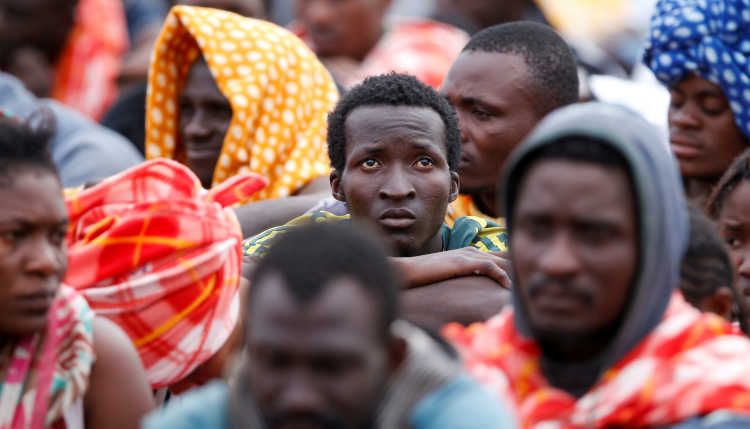- Startseite
- Publikationen
- GIGA Working Papers
- Fleeing the Peace? Determinants of Outward Migration after Civil War
Felix Haaß / Sabine Kurtenbach / Julia Strasheim
Fleeing the Peace? Determinants of Outward Migration after Civil War
GIGA Working Papers | 2016
Forschungsschwerpunkte
Reihe
GIGA Working Papers
Reihennummer
289
Seitenumfang
36
Verlag
German Institute for Global and Area Studies (GIGA)
Erscheinungsort
Hamburg

Abstract
In countries where civil war has formally ended, not all refugees return. Nor does emigration come to a halt. Why? We argue that three specific features of post‐war situations explain the varying levels of outward migration: the quality of peace, the quality of political institutions, and the quality of economic livelihoods. We test our hypotheses using a mixed-method research design that combines a series of statistical models with evidence from two case studies, Nepal and El Salvador. Our findings suggest that, cross‐nationally, postwar violence and repression as well as exclusion from economic opportunities are the major drivers of outward migration after civil war. Complementary evidence from the two case studies shows that the effects of violence and of the lack of decent economic livelihoods on post‐war emigration are enhanced by insufficient or dysfunctional political reforms.











